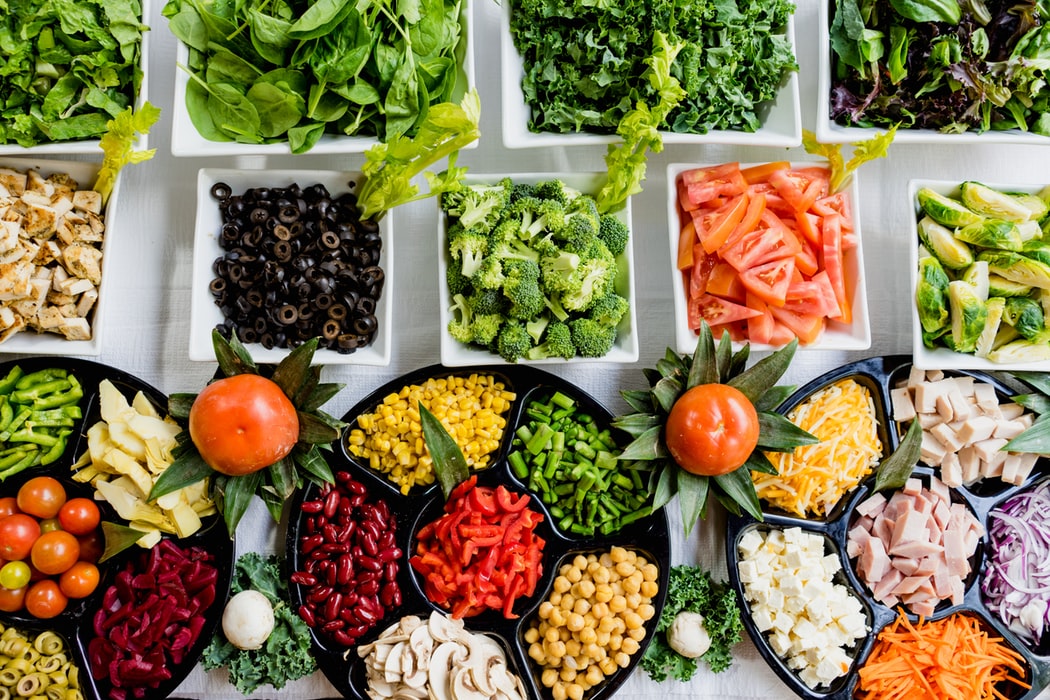By Lori Stevens, Certified Concierge Care Advisor
The Importance of Monitoring Food and Medication Interactions in Senior Living and Care
When managing senior living and care, it’s crucial to consider how food and medications interact. While physicians and pharmacists monitor prescriptions for potential drug interactions, they may not always know about a senior’s diet or supplement intake. These undisclosed factors can lead to unintended and potentially harmful reactions.
Seniors, their families, and caregivers must understand the importance of providing healthcare providers with a comprehensive list of all medications, vitamins, and supplements. Let’s explore some common food and medication interactions that are particularly relevant in senior care.
Common Food and Medication Interactions to Watch For
Vitamin K-Rich Foods
Green leafy vegetables like spinach, kale, broccoli, and Brussels sprouts are packed with nutrients but can interfere with blood-thinning medications like Warfarin. These foods may reduce the effectiveness of the drug, potentially leading to dangerous complications.
Grapefruit and Certain Fruits
Grapefruit and grapefruit juice, along with some other fruits, can increase the potency of statins and other medications, affecting the body’s ability to metabolize them properly. This can lead to dangerous levels of the drug in the bloodstream.
Calcium-Rich Foods
Dairy products such as milk and cheese, while beneficial for bone health, can interfere with antibiotics and certain diuretics, reducing their effectiveness.
Other Substances That May Interact with Medications
Turmeric and Herbal Remedies
While often used for their health benefits, turmeric and certain herbal remedies (commonly found in teas) can interfere with medications, sometimes amplifying or diminishing their effects.
Over-the-Counter Antacids and Supplements
Antacids and popular supplements like lavender have been known to affect how medications work. Seniors should always check with a healthcare provider before adding new supplements to their regimen.
Steps for Safeguarding Seniors Against Food and Medication Interactions
- Keep a Comprehensive List: Maintain an up-to-date record of all prescribed and over-the-counter medications, supplements, and vitamins.
- Share Information with Healthcare Providers: Ensure that both the physician and pharmacist have access to this list to identify potential interactions.
- Ask Questions: Don’t hesitate to ask your doctor or pharmacist about possible food and medication interactions.
- Monitor Dietary Habits: Be mindful of seniors’ diets, particularly foods like leafy greens, grapefruit, and dairy products that may interfere with medications.
Prioritizing Safety in Senior Living and Care
Understanding food and medication interactions is essential for ensuring the safety and well-being of older adults. By proactively communicating with healthcare providers and monitoring dietary habits, seniors can avoid potentially harmful effects and maintain a higher quality of life.
Are you looking for expert guidance on senior housing in the Pacific Northwest? At Concierge Care Advisors, we connect families with experienced senior living advisors in Seattle and beyond to ensure safe, supportive environments for their loved ones. Our professional care advisors help navigate complex topics like nutrition and medication management, providing personalized solutions for every senior’s unique needs. Visit our Contact Us page to learn more about our services and how we can assist you in making informed decisions.

























